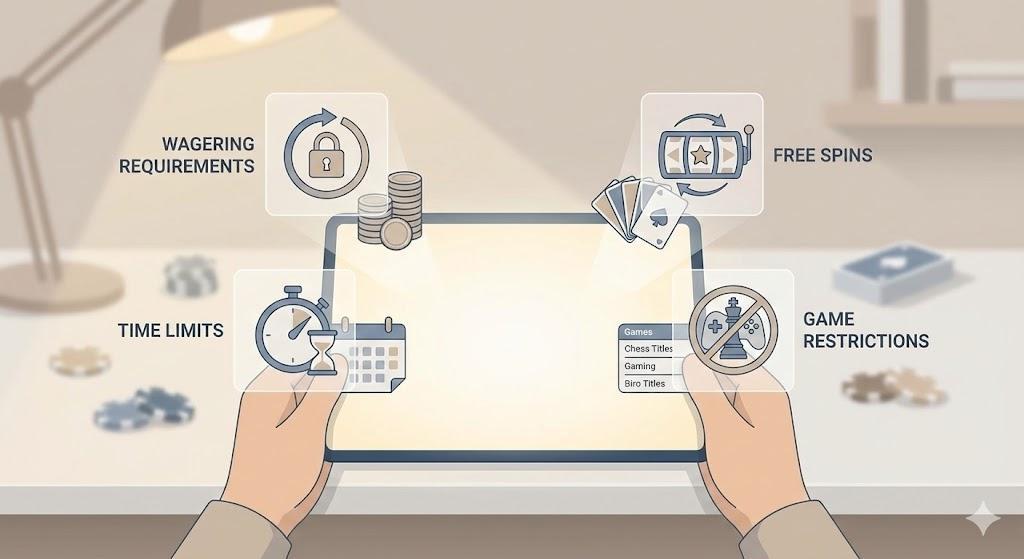The digital age has blurred borders, especially when it comes to entertainment. You can be sitting on your couch in Rome and find yourself in a virtual poker game with someone from Reno. This global playground, particularly in the realm of social gaming and apps that mimic real gambling, makes the stark differences in national regulations even more fascinating. How countries choose to control this multi-billion dollar industry speaks volumes about their cultural and legal DNA. Nowhere is this contrast more apparent than between the old-world approach of Italy and the complex, state-driven model of the United States.
Table of Contents
ToggleA tale of two systems: centralised vs. state-by-state
At its core, the most fundamental difference is one of structure. Italy operates a centralised, national system. The government, specifically the Agenzia delle Dogane e dei Monopoli (ADM), is the ultimate authority. They issue licenses, set the rules for everything from sports betting to online poker, and collect the taxes. It’s a top-down approach. If an operator is licensed in Italy, they can offer their services to anyone within the country’s borders. It’s a single market with a single set of rules.
The United States, true to its federalist nature, is a patchwork quilt of regulations. The federal government sets some broad restrictions, like the infamous Professional and Amateur Sports Protection Act of 1992 (overturned in 2018), but the real power lies with individual states. This means that what is perfectly legal in New Jersey, like online casino games and mobile sports betting might be completely illegal in its neighbour, Pennsylvania. A company has to navigate fifty different potential regulatory landscapes, which is as complicated as it sounds.
Cultural influences on the games themselves
You can’t separate law from culture. Italy’s relationship with gambling is heavily influenced by its history and Catholic roots. There’s a certain tolerance for games that are seen as traditional or skill-based. This is why you’ll find a massive, state-run lottery system that’s deeply embedded in daily life, and why games like SuperEnalotto are national obsessions. The approach is one of controlled management rather than outright prohibition, aiming to channel the natural human desire to gamble into regulated, taxable avenues.
America’s culture is one of entrepreneurial spirit and individual state identity. The rapid expansion of sports betting after the Supreme Court’s decision wasn’t just about allowing gambling; it was about states seizing a new revenue opportunity. There’s a competitive edge to it. In the US context, promotional strategies and marketing often centre around attractive casino offers, designed to entice new players with welcome bonuses and free bets in a highly competitive, newly opened market. The game selection itself is a direct response to consumer demand in each specific state, leading to a huge variety of options where it’s permitted.
The online landscape: access and oversight
When it comes to the digital frontier, both nations have embraced it, but with distinct flavours. Italy was actually an early adopter in regulating online gambling, establishing a framework over a decade ago. This provides a clear, if strict, environment for operators and a known set of protections for players. The stability of Italy’s internet gambling market is a direct result of this centralised regulatory clarity.

The US online scene is still writing its own rules. Each state that legalises online gambling or sports betting effectively creates a new, isolated market. Players in New Jersey can only access sites licensed by New Jersey regulators. This creates a somewhat fragmented experience for users but allows each state to tailor its level of oversight and taxation. The pace of change is frantic, with new states coming online every year.
Concluding
Ultimately, whether you’re placing a bet on a Serie A football match in Milan or on the NBA finals in Las Vegas, the experience is shaped by deeply ingrained legal and cultural forces. Italy offers a uniform, nationally-controlled system that manages gambling as a state monopoly. The US presents a dynamic, competitive, and often confusing state-level experiment. Both systems have their strengths and challenges, but they share a common goal: to control an inherently risky activity. No matter where you are, the most important bet you can make is on your own well-being, so committing to gamble responsibly is the ultimate priority.




